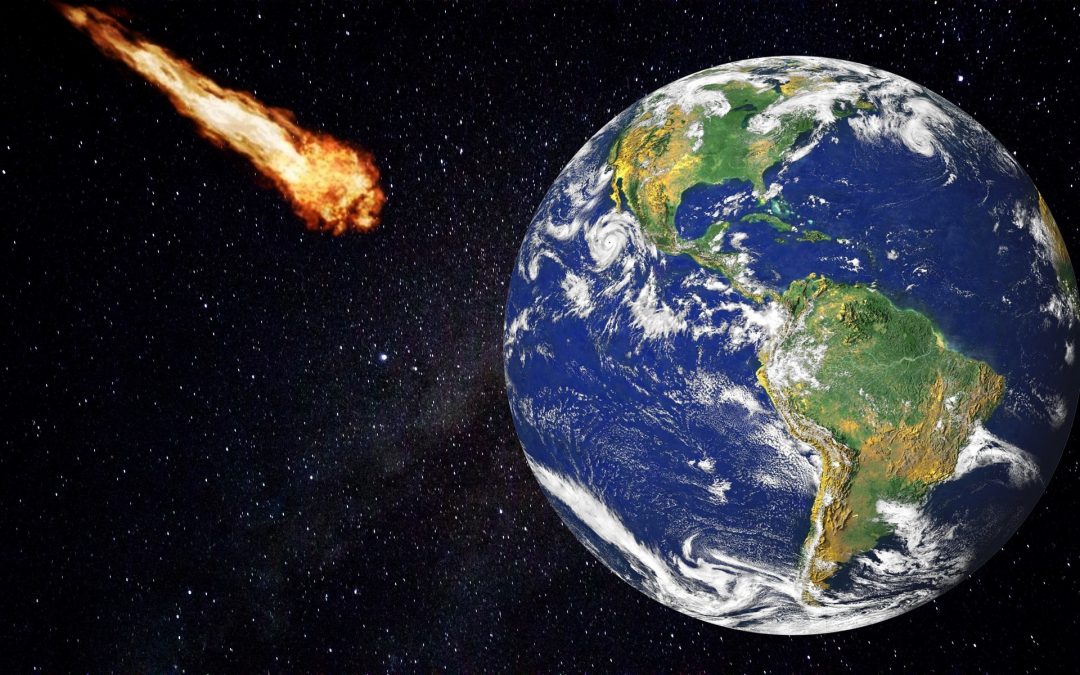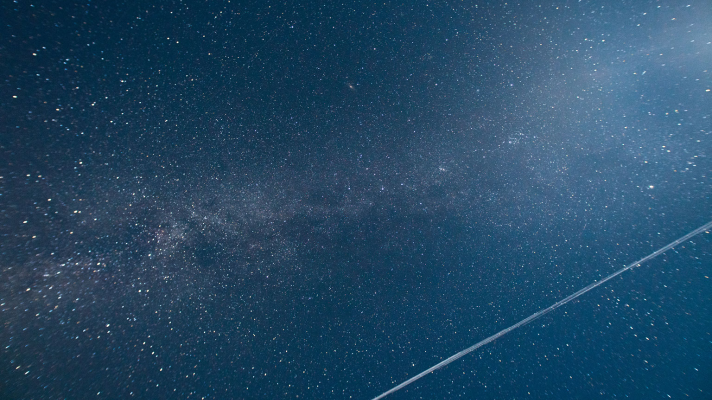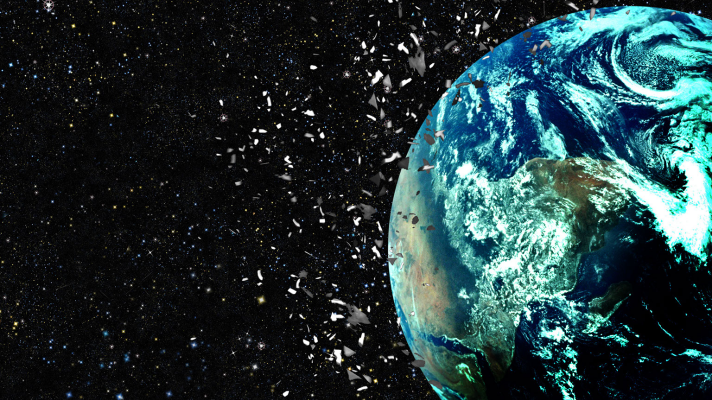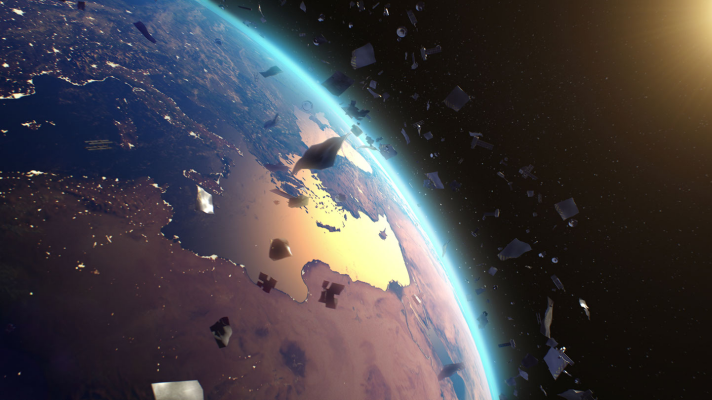The asteroid apocalypse is one of those existential crises that keep astronomers up at night. But the DART mission showed us that we can push an asteroid off its trajectory if we have enough warning. Today we’ll talk about how humanity is building early warning systems to give us time to respond to a dangerous asteroid.











